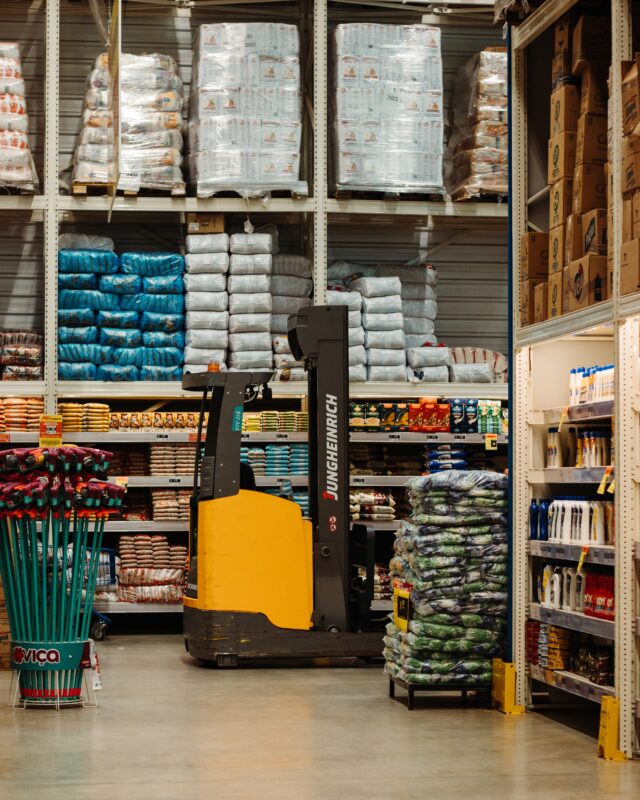
Since the COVID-19 pandemic, almost everyone has made transactions both buying and selling online to reduce direct interaction with other people. So, businesses began to switch to an online system. To make it easier for consumers and sellers, we need a new system that supports this online system, one of which is B2B (Business to Business).
What is B2B? B2b is a form of transaction between businesses, such as those involving manufacturers and wholesalers, or wholesalers and retailers. In simple terms, the definition of B2B or business to business refers to business conducted between companies, not between companies and individual consumers. B2B transactions generally have a longer sales cycle, but higher-order value and more recurring purchases. For example, you run a business that sells groceries and you make sales to an existing restaurant or culinary business.
What are the benefits of B2B?
B2B More efficient in terms of procurement of goods, especially for businesses with canvas models, companies looking for certain products can focus more and quickly find the items they are looking for without the need to spend a long time at product catalogs. B2B services also support good corporate governance efforts. Every transaction can be monitored and there are notifications about sending transactions via email to buyers (purchasing), superiors (approvers) to users. Thus, the company can easily control the transaction process that has been carried out.
So, that’s information about B2B that is useful for improving business systems in this era, and hopefully help you to run your businesses easier and more efficient.
For more information or services that would be suitable for B2B you can refer to our case studies about B2B Loyalty or check WGS Services here.

